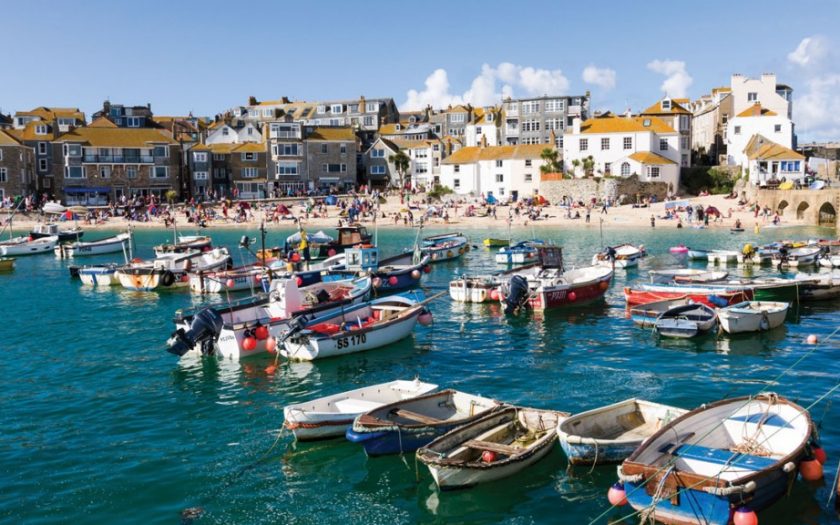
As if Chancellor George Osborne’s changes to taxation of landlords weren’t enough, investing in buy-to-let property is set to get even trickier. In a bid to cool the overheating property market (buy-to-let lending rose to its highest level since 2007 last year), the Bank of England plans to force lenders to tighten buy-to-let lending criteria, forcing buyers to put down far larger deposits, reports The Daily Telegraph.
Just now, most buy-to-let landlords have to raise a deposit of roughly 25%. Banks assume that borrowers pay interest at 5%, and that their rental income needs to be 25% higher than their mortgage payments. So if the average house costs £202,436 and tenants pay an average rent of £764 a month, the typical deposit is £55,741 (the minimum needed to reduce the size of the mortgage to a level where monthly rental payments will cover it comfortably).
However, in March the Bank of England recommended that interest-rate assumptions should rise from 4.99% to at least 5.5%. If confirmed, which could happen as soon as this autumn, says The Daily Telegraph, this change would push the required deposit significantly higher.
One of Britain’s biggest lenders, Nationwide, has already tightened up its criteria, demanding that rental income be at least 45% higher than the mortgage. That would mean putting down £83,349 (including stamp duty) on the average house – a huge 41.2%of the total purchase price.
Other lenders are expected to follow suit, and if the Bank of England does tighten its rules, Nationwide would have to raise its requirements even further. It’s yet another warning sign to those considering the amateur landlord route – the government clearly has the sector in its sights and it’s only going to get tougher. We’d look for other investment opportunities.
St Ives slaps ban on second homes
St Ives, one of Cornwall’s most popular tourist hotspots, has voted to ban the building of second homes. More than 83% of residents who voted backed a new “neighbourhood plan” stipulating that planning permission for new homes will only be granted for those reserved for full-time residents. Holiday homes already account for more than a quarter of the local housing stocks, according to the town council.
Residents are also concerned about affordability – the average house price is around £400,000,according to Rightmove, about 18 times local salaries. A local architects’ firm is taking legal action to challenge the move, but it’s not the first such decision – Lynton and Lynmouth in Devon recently voted for a similar scheme.
Tax and glass houses
The government is recruiting experts to track down property developers who use offshore companies to avoid paying tax on profits generated from developing UK property, ahead of new laws planned for later this year. The new task force has already identified around 100 projects where developers may be using offshore headquarters to avoid tax. The Treasury reckons it could raise nearly £2.3bn from this crackdown by 2020. The goal is “to level the playing field between UK and offshore property developers by ensuring that an offshore developer of UK land is taxed in the same way as a UK developer”, says the government.
The team may not have to go far to find targets. According to the Land Registry, one of HMRC’s most prestigious offices – Custom House – is owned by a company based in Bermuda, “that was set up to legally avoid tax of £170m on a government deal”, reports The Sunday Times. The Grade I-listed building is among more than 490 government offices (around a tenth of the central government’s estate) ultimately owned by offshore companies, says the newspaper. The Cabinet Office has stated that any renewed leases or contracts will follow the new recommendations.